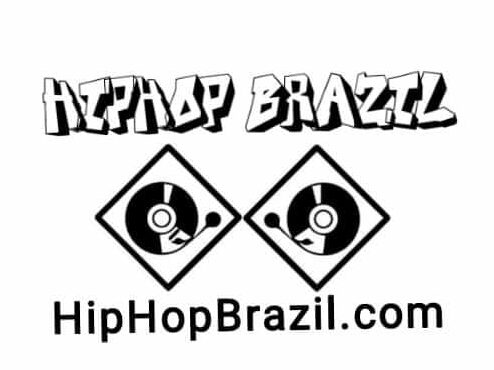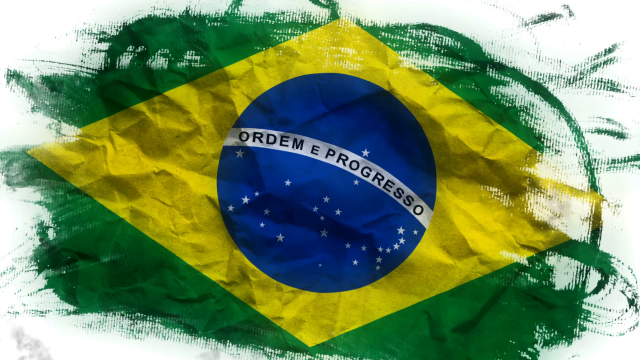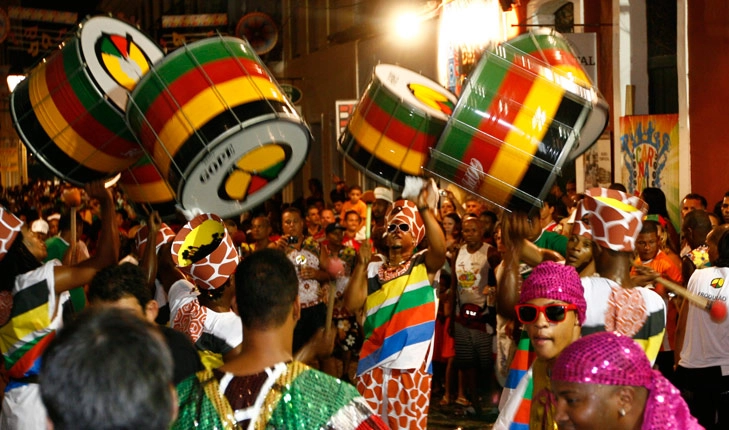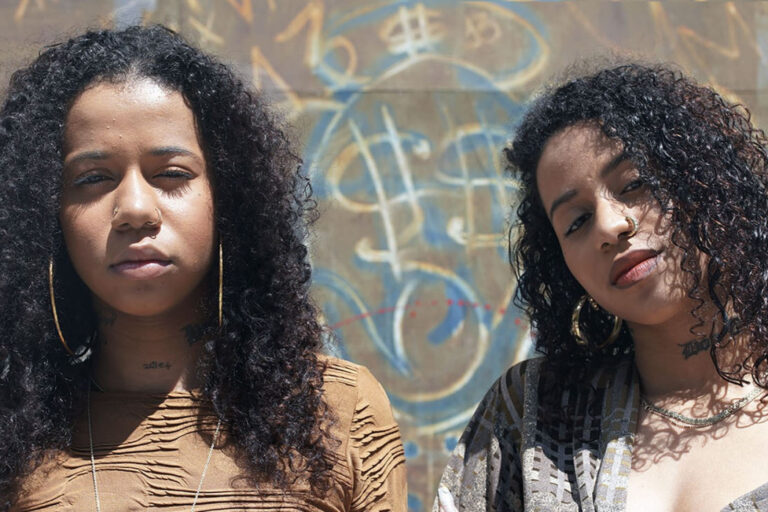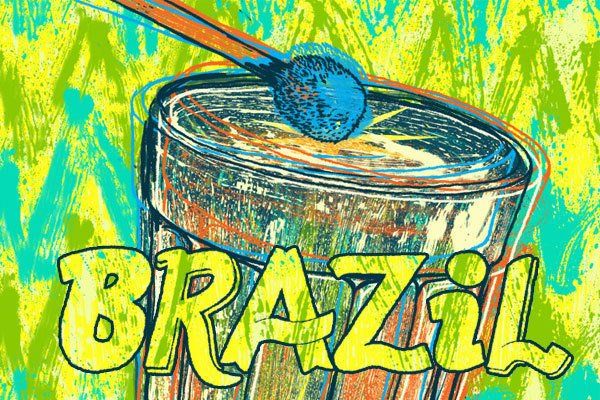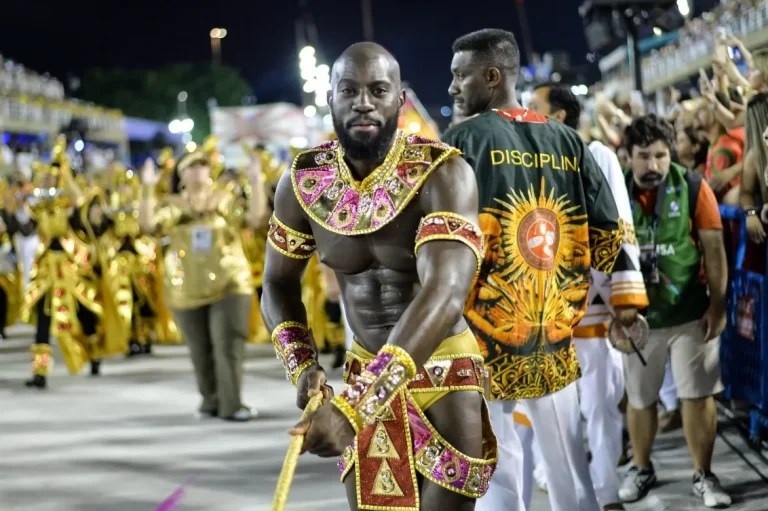
Harsh, thunderous kicks. Offbeat, crispy cymbals. Vocals that feel more screamed than sung. This is the raw, chaotic, heart-pounding sound of baile funk – Brazil’s most explosive musical export, born in the favelas of Rio de Janeiro 40 years ago. Once underground, now global, funk is no longer just a local sound, it’s a cultural movement shaking the floors of clubs from São Paulo to Switzerland.
From the souped-up car speakers in São Paulo’s fluxos (street parties) to viral TikTok phonk remixes, baile funk has grown into a genre that refuses to be boxed in. It’s fast, it’s loud, it’s sometimes spooky – especially the new darker strain called bruxaria (“witchcraft”), pioneered by producers like DJ Arana, who started out making beats on a Samsung Duos phone. Now, his horror-inspired tracks rack up millions of streams monthly, rewriting what global audiences think Brazilian music sounds like.
But baile funk’s roots run deep. Back in the ’70s and ’80s, crews like Furacão 2000 threw massive parties for Brazil’s Black and working-class youth, blending local funk with American influences like Miami bass and freestyle. In the 2000s, the genre saw a renaissance thanks to international tastemakers like Diplo and MIA, while Brazilian stars like Anitta turned MCing into pop stardom.
Despite its rise, the genre still battles stigma. Cultural elites and institutions continue to sideline funk, and there’s growing anxiety about international artists co-opting the sound without crediting its favela roots. Funk icons like Rennan da Penha and researchers like Taísa Machado are pushing back, defending the soul of the sound from “TikTokification.”
But baile funk isn’t going anywhere – because it is everywhere. It’s in Cardi B’s swagger, in Travis Scott’s basslines, in sweaty dancefloors and high fashion catwalks. And most importantly, it’s still in the favelas, where the next generation is already crafting tomorrow’s sound.
In the words of House of Pris: “If it doesn’t smell like funk, there’s something wrong with your recipe.”
Funk is chaos. Funk is culture. Funk is favela. And the world is finally listening.
